Jamaat-e-Islami has softened its position following a phone conversation between the party’s Amir and the Chief Adviser, Dr. Muhammad Yunus.
The party had earlier expressed discontent over the recent joint statement and press conference following Dr. Yunus`s meeting with BNP’s Acting Chairman Tarique Rahman in London.
Speaking to reporters during a break at the second phase of the National Consensus Commission`s dialogue in Dhaka on Wednesday, Jamaat’s Nayeb-e-Ameer Syed Abdullah Mohammad Taher clarified the situation.
He confirmed that the party had symbolically boycotted Tuesday’s session of the dialogue in protest.
Jamaat leaders felt the joint statement issued by the Chief Adviser and BNP leadership overlooked their party.
Although they welcomed the London meeting, they were displeased that the announcement was made without wider consultation, especially considering the country`s multi-party context.
“Our objection is not about the meeting itself. We welcomed the dialogue in London aimed at securing international support and the return of financial assets. However, a joint statement in such a format is unprecedented. Globally, joint declarations typically involve ruling governments and opposition parties with parliamentary representation. In our case, with over a hundred political parties, this approach could set a concerning precedent,” Taher said.
He added, “It seemed to us that the Chief Adviser had compromised his neutrality. If this continues, the reform process might lose credibility. That’s why we did not attend the meeting yesterday as a symbolic protest.”
Taher acknowledged that senior government officials communicated with Jamaat leaders yesterday, and the Chief Adviser personally reached out to Jamaat’s Amir.
“We shared our concerns, and the Chief Adviser appeared to understand. He assured us that his administration remains neutral and has no allegiance to any particular party or group. He committed to maintaining transparency and impartiality in the coming days,” Taher said.
Following this assurance, Jamaat leaders participated in Wednesday’s session of the dialogue. Taher emphasized that Jamaat does not wish to create deadlocks in the political process.
“We have always supported constructive cooperation with the government, but when necessary, we will raise our voice,” he concluded.


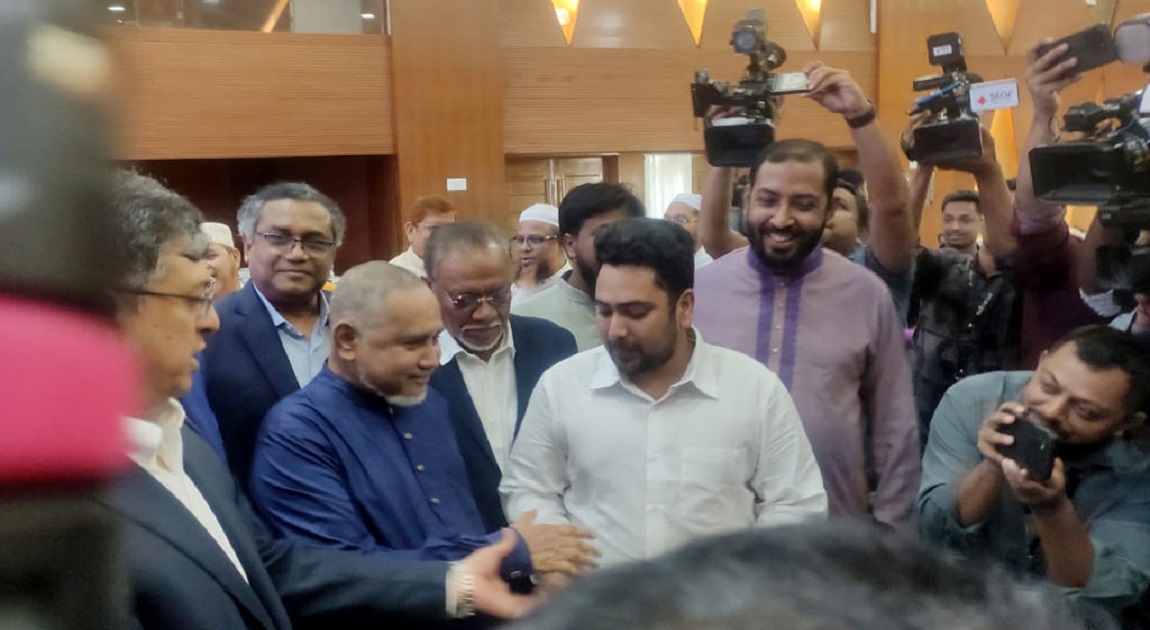

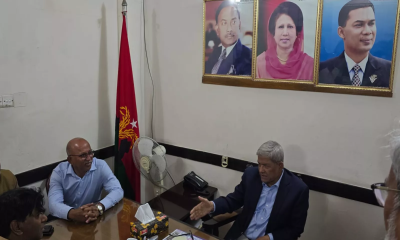







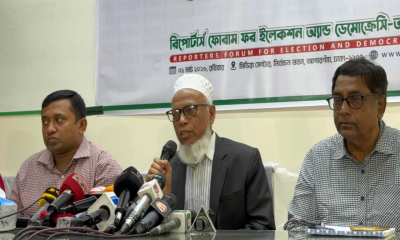
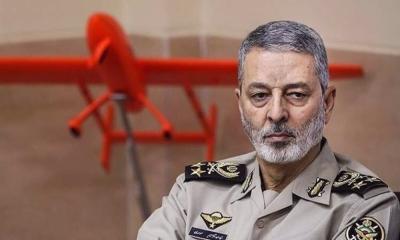

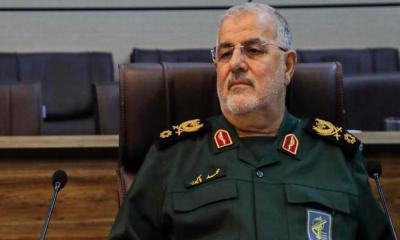
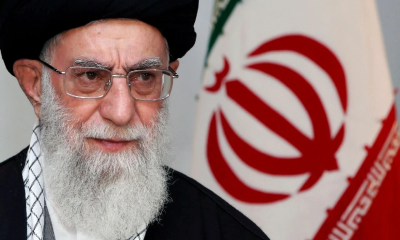
-20260301064029.webp)
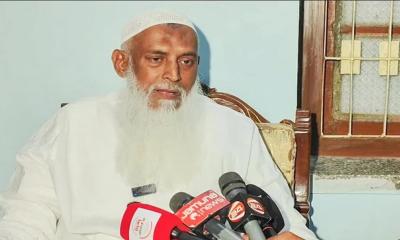
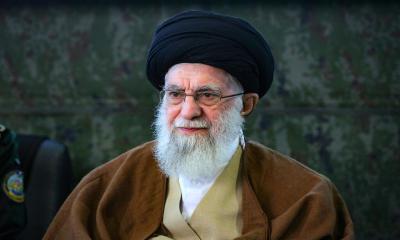
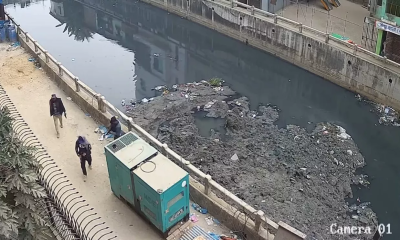
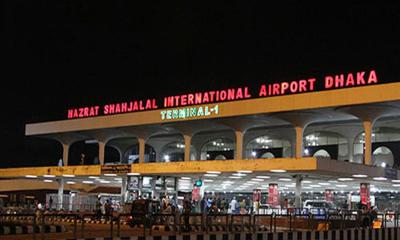

-20260228080513.webp)
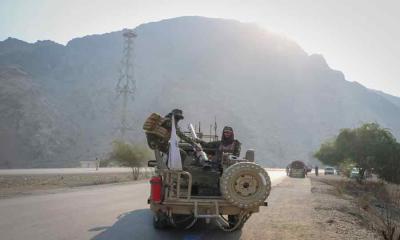





-20260224075258.webp)






-20260225072312.webp)
